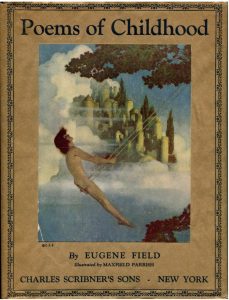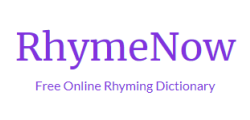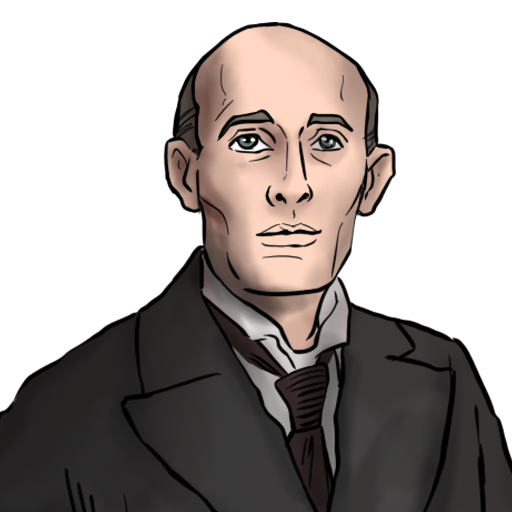
Have you ever read a poem that felt like it was written just for you? Eugene Field, often known as the “Children’s Poet,” had a special talent for writing poems that made kids feel like they were hearing from a close friend. Born on September 2, 1850, Field had a magical way of combining words that still brings smiles and giggles to kids (and adults) everywhere!
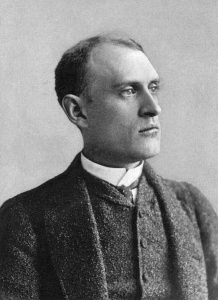
A Glimpse into Eugene’s Early Life
Eugene Field grew up in Missouri. As a young boy, he loved stories, songs, and of course, poetry. Even though he went to college to become a lawyer like his dad, Eugene soon realized that his heart belonged to writing.
A Writer with Many Talents
While Eugene Field is famous for his children’s poems, he wasn’t just a poet. He was also a journalist! He wrote articles and stories for newspapers. But it was his poems, especially the ones for children, that made him a household name.
Poems that Tug at the Heart
Field had an extraordinary way of writing poems that were both fun and touching. Some of his poems are like lullabies, gently sung by a loving parent to their child.
One of his most famous poems, “Wynken, Blynken, and Nod,” is about three fishermen who sail off in a wooden shoe. But here’s the twist: they aren’t real fishermen! They are symbols for a child’s sleepy eyes and head. The poem paints a dreamy picture of the night sky and the wonders of imagination. It was probably also the inspiration for Shel Silverstein’s famous poem, “Ickle Me, Pickle Me, Tickle Me Too” from his book Where the Sidewalk Ends.
However, not all of Eugene’s poems are gentle and dreamy. He loved to add a sprinkle of imagination and a dash of mischief to his work. In his poem “The Duel,” two stuffed animals, a toy dog and a toy cat, get into such a huge fight that they claw and tear at one another until, little by little, they both disappear!
Another beloved poem, “Little Boy Blue,” tells a story of two toys waiting patiently for their owner to play with them. It’s a tale that reminds kids of the magic of toys and imagination.
Books and Treasures
Field’s poems were so loved that they were collected into books. A Little Book of Western Verse and “Poems of Childhood” are two of his well-known collections. These books became treasures in many homes, passed down from parents to children.
Leaving a Mark
Field didn’t just leave us with beautiful poems; he left a lasting impact on the world of children’s literature. Before him, not many poets were writing specifically for children. He made sure kids had poems that spoke to their hearts, their dreams, and their playful nature.
It’s not just the words in his poems that leave an impression; it’s also the feelings they evoke. His poems can make readers feel cozy, loved, curious, or even ready for a little adventure!
Field’s Final Bow
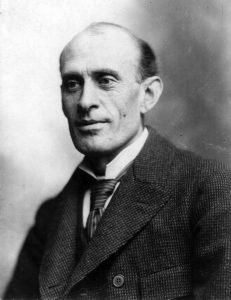
Eugene Field passed away at the age of 45 in 1895, but his poems live on. His work has a timeless quality, which means kids today can enjoy his poems just as much as kids did over a century ago.
It’s pretty cool to think that a poem written so long ago can still make us feel all warm and fuzzy inside or give us that little thrill of excitement.
Eugene Field’s legacy is one of imagination, love, and the pure joy of childhood. His poems are a reminder that sometimes the simplest words can be the most powerful. They tell us stories of the night sky, of forgotten toys, of magical creatures, and of the boundless world of a child’s imagination.
So next time you feel like diving into a world where wooden shoes can sail the seas and where toys have feelings too, pick up a poem by Eugene Field. Who knows, it might just become your new favorite bedtime story!
- A Writer Needs Our Help - February 21, 2026
- Weekly Children’s Poetry Roundup – Saturday, February 21, 2026 - February 21, 2026
- Have You Ever Been to England? - February 17, 2026

